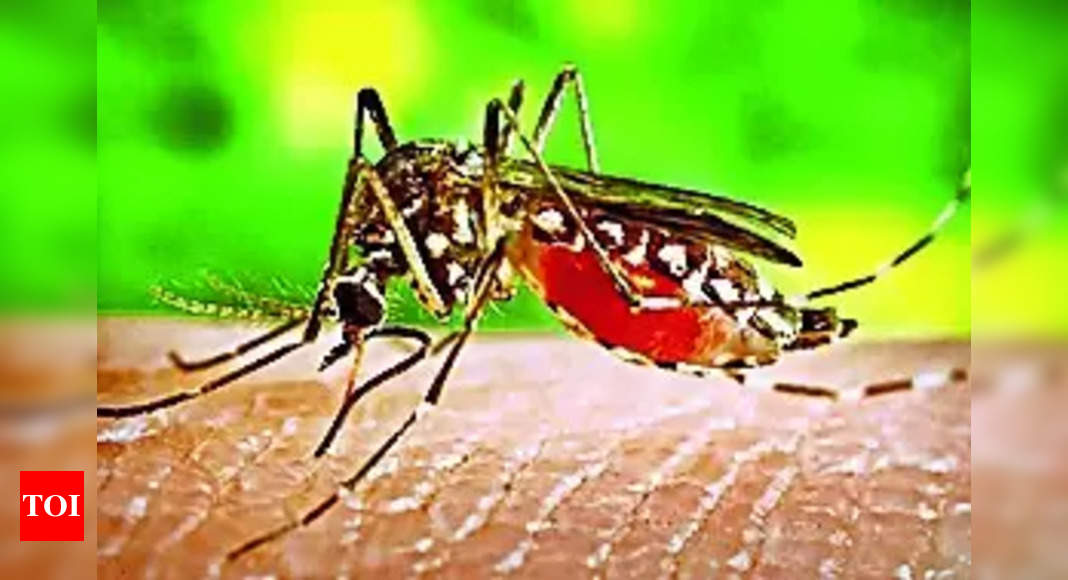Time: 2024-06-27
Dengue fever continues to pose a significant threat in regions like Telangana, where the severity of outbreaks has become a year-round nightmare due to climate change. The traditional understanding of dengue's seasonality has been shattered by longer monsoon seasons and rising temperatures, making it a constant danger that knows no boundaries. In November 2023, Bangladesh faced its worst-ever outbreak, highlighting the deviation from the expected seasonal pattern.
Historically, dengue was associated with the monsoon season, but the shifting landscape has seen Aedes mosquitoes, the carriers of the virus, moving towards the north. This shift has put more European countries under the threat of dengue fever, challenging conventional notions of the disease's seasonality. Climate change has disrupted traditional weather patterns, leading to longer and more intense monsoon rains across South Asia, exacerbating the dengue crisis.
The changing behavior of Aedes mosquitoes, adapting to new environmental conditions due to global warming, has rendered conventional insecticides ineffective. These mosquitoes now breed even in saline water, making them more resilient over time. As temperatures soar and rainfall patterns become erratic, dengue is no longer confined to a specific time frame but poses a constant threat throughout the year, amplifying the public health crisis.
Addressing this evolving threat requires enhanced surveillance and monitoring systems to detect and respond to outbreaks promptly. Efforts to combat mosquito-borne diseases must evolve alongside changing mosquito behaviors and environmental conditions. Public awareness campaigns are crucial in empowering communities to take preventive measures against dengue, such as eliminating stagnant water and using mosquito nets. Additionally, global action to mitigate climate change is essential to limit the impact of global warming on public health.

In Telangana, health experts predict a severe dengue season this year, mirroring the pattern seen in 2019 when over 13,000 cases were recorded. With over 600 cases already reported this season, the surge in cases is overdue. The fact that there are four different strains of the dengue virus means that a person can get infected multiple times in their lifespan, with each subsequent infection potentially leading to a more severe outcome. The Covid pandemic delayed the dengue upsurge, but it also resulted in people losing immunity due to fewer infections in recent years.
As cases continue to rise in districts like Medak, Hyderabad, Rangareddy, and Kamareddy, health authorities are bracing for a potentially severe outbreak. The cyclical pattern of dengue severity underscores the need for proactive measures to control the spread of the virus and protect vulnerable communities. With the looming threat of dengue in Telangana, it is imperative to implement strategies that address both the immediate challenges and the long-term impact of the disease.